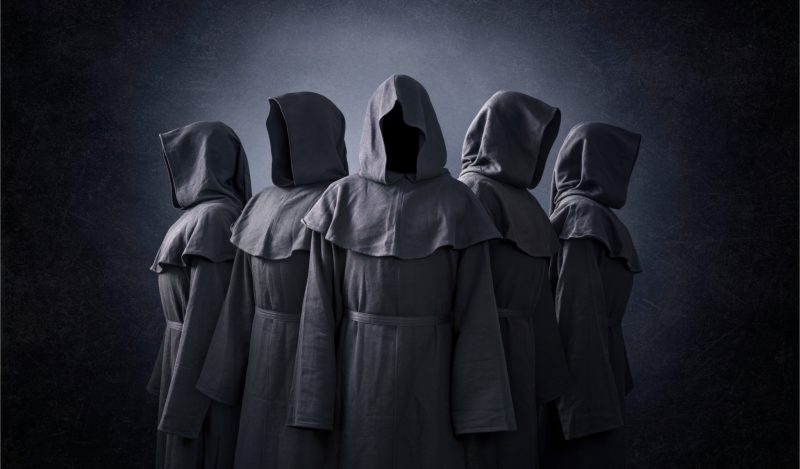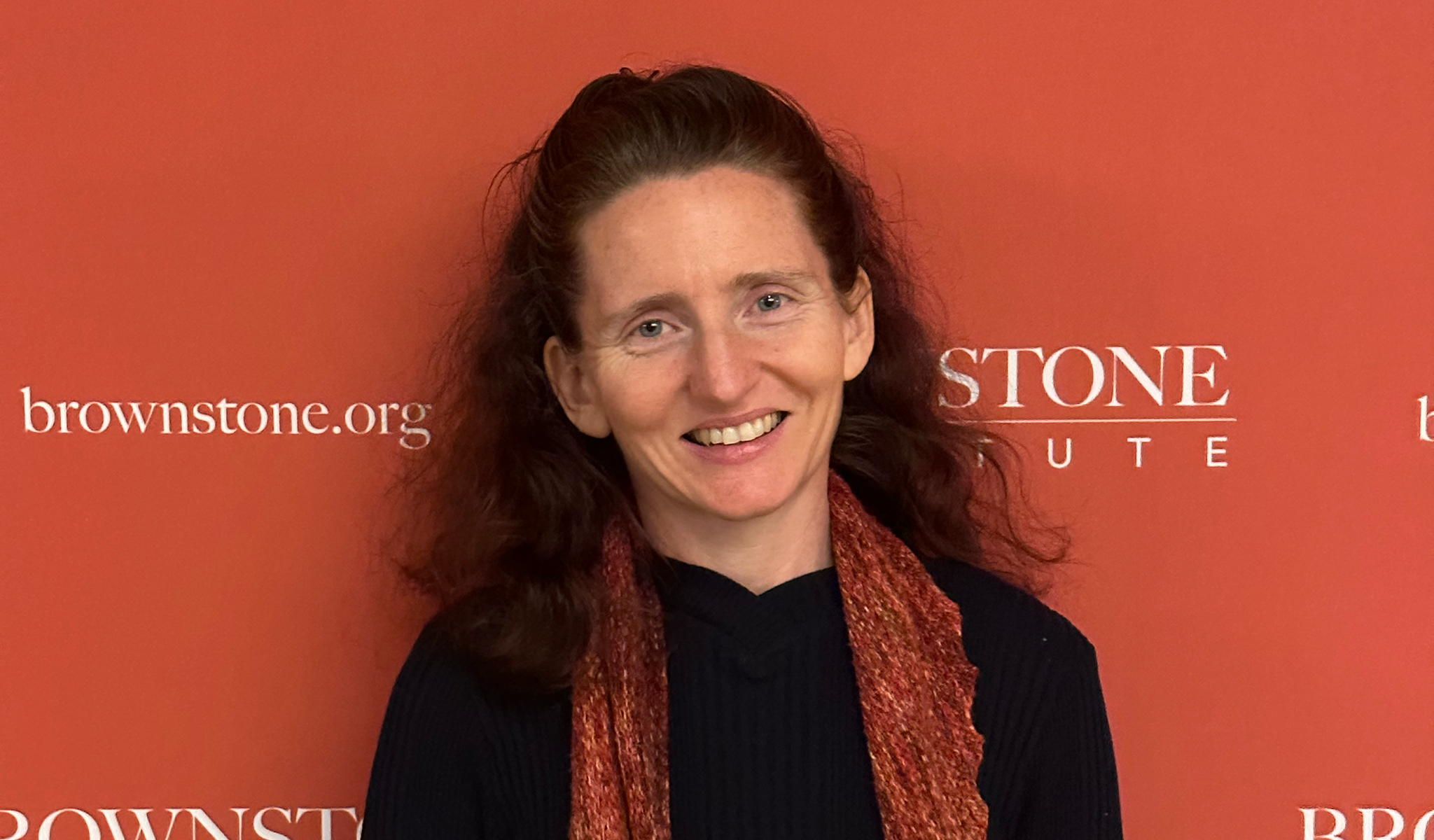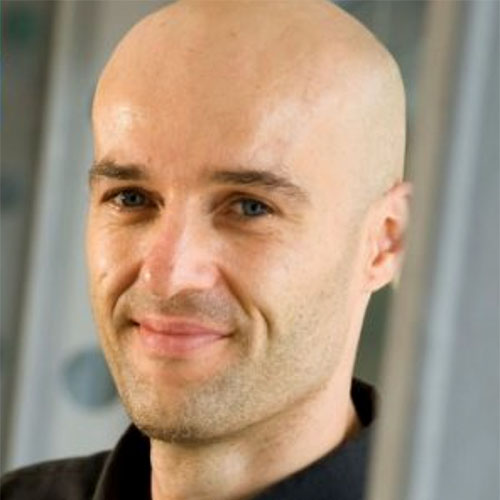Leaders in the West have been very busy these last 12 months setting up international institutions, regulations and technologies that legitimise, formalise and entrench the powers they have gained during lockdowns.
They’ve got their central banks devising protocols for implementing new digital currencies that simplify surveillance of their populations’ financial transactions; vaccine-based ID systems (such as the EU’s digital Covid Certificate, the Hong Kong Health Code and Australia’s Digital Passenger Declaration) that make tracking individuals across and within countries easier; and CO2 budgets and social credit systems that can be used to adjudicate who is worthy of travel and a reasonable standard of living, and who is not.
Western politicians went way out on a limb during the covid period in suspending normal liberties and controlling people’s daily lives. Their authoritarianism was so extreme that, in retrospect, its legitimacy needed to be cemented in Western eyes via a permanent set of internationally coordinated command-and-control structures. These would provide a bulwark against challenges in and out of court, protecting the backsides of covid-era politicians and also furthering their careers: their reelection prospects will improve because voters are more likely to keep swallowing the ideological sales pitch if it is seen to be supported by a global consensus.
The new global institutions, politicians hope, will assist in ensuring the flock remains deeply obedient to their leaders, is preoccupied with self-loathing, and continues to be wary of any fellow man with whom they might have organised resistance.
This new Western order being established by our leaders is akin to a religious order which preserves the neo-feudal ideology that came of age during covid, while keeping the masses divided and in a state of self-hatred.
The Trinity of Inputs
To set up a new religion, you first need an appealing ideological story. Then you need a priesthood. Third, you need suitable headquarters for the papacy. The first two have been easy, but the third is proving a sticking point.
Let’s see where we are with each of these three.
In the Middle Ages the prevailing ideology was that everyone was sinful and the devil lurked in us all, a story that led to constant self-loathing and a divided peasantry. United they could have stood, but divided they were easy prey for the wealthy. The elites of the 21st century are seeking a modern equivalent of the sin stories of the Middle Ages.
As it turns out, they have an almost embarrassingly large number of sin stories to choose from, as legions of fanatics are offering up suitable causes. Candidate sin-based ideologies include wokeness, in which everyone is in danger of being triggered by everyone else; perennial climate emergencies, in which everyone’s activities are a danger to all; and perennial health crises, in which everyone is a potential microbial spreader to everyone else.
The elites can pick their favourite new ideology, though they do have to pick one. Crowds are easy to lead, but they are also fickle and can easily forget their lines. The religion the elites select with which to bind their populations needs to be well bedded-in to be useful.
On the priesthood front, there is no shortage of groups to reconstitute as priests. The best candidates to fill the priesthood vacancies are the bullshitters already embedded in most modern organisations: those associated with words like ‘sustainable,’ ‘ethical,’ ‘safe space,’ ‘diversity,’ ‘health-conscious,’ ‘inclusive,’ and other anodyne, virtue-signalling platitudes that identify a marketer-turned-bully.
They already sell the idea that current workers are a menace to others and require regular interventions like unconscious bias training and other forms of self-flagellation. The layer of bullshitters found in nearly every large Western organisation is chomping at the bit to become the enforcers of whatever ideology will cement their jobs.
So the ideology and the priesthood are, in principle, sorted. The bottleneck in the construction of a new Western religious order is the papacy. What’s needed is not a copy of the modern papacy in Rome that has relatively little real power over the many Roman Catholics in the world today, but a copy of the papacy that was a true power to be reckoned with in the Middle Ages in Europe: an ideological powerhouse with huge tax revenues that dominated the markets for education, health, and spiritual services. It educated and dispatched priests, oversaw the centres for learning, organised reading and writing, kept a large system of hospices, organised various wars (including the crusades), and so on. It did many things we would now consider bad, but also things most would consider good, such as caretaking the sick and keeping the knowledge of previous civilisations alive in its monasteries and libraries. That’s the sort of potent papacy required to cement a new Western religion.
Where the Holy See?
Local priests need a papacy for reasons of coordination and cohesion, to prevent them from running off the ideological reservation. Imagine some local priest forgetting his place and starting to be serious about ethics or sustainability (or the real meaning of some other recently hijacked and eviscerated word) and start to question, say, the tax evasion and frequent travelling of those at the top. One can’t have that!
Also, as new information crops up from time to time, one cannot assume it will automatically be worked into the ideology favourably unless there is a papacy to interpret it and issue guidance. Where such guidance is not forthcoming or sufficiently clear, people might flock to a region of ‘easy-going priests,’ which would undermine the whole religion. One can’t have that either!
Where then can the elites establish a religious headquarters from which to wield real authority as a means of keeping the local priests in line?
Their thoughts so far have gone to the World Health Organisation, in the hope that this choice would kill three birds with one stone. It would normalise and rubber-stamp the abuse of emergency health powers during lockdowns; it would automatically select a particular story as the new ideology; and it would cement a new health-based international bureaucracy that could be given power over local health bureaucrats as well as anyone else traveling under the ‘health’ banner.
Anything ‘sustainable,’ ‘ethical,’ or ‘safe’ could be corralled under the general ‘health’ banner. The papacy could be stacked with a few trusted hands (Anthony Fauci and the like) who would oversee the nomination of ideological details required by the political elites, such as suitable exemptions for themselves and their friends. They would also take responsibility for organising inquisitions to neutralise and eliminate ideological opponents. The script for how the WHO would become a new kind of medieval Roman Catholic Church almost writes itself.
The recent attempt to undermine national sovereignty via the WHO is prime evidence of coordination along these lines among the elites. This attempt can and should be picked apart to find out who funded the attempt, who wrote the proposed legislation, which national governments supported it, who within those governments supported it, and so on. This is the first concrete manifestation of the emergence of a globalist elite, providing researchers with a real opportunity to see who ‘they’ are and how ‘they’ are organising and coordinating.
Our Saviours
Yet, the WHO has a fatal flaw when it comes to being the headquarters of a new Western papacy: it covers the whole world and so is co-funded by many governments, some of which have no interest in wokeness and other Western ideologies that divide Western populations. These governments represent populations that have had enough experience with colonialism to recognise and reject the ‘renewal’ that the West is moving towards.
This is the core reason why the proposal for the WHO to usurp ideological command and control over health policy around the world was stopped in its tracks: it was sandbagged by African countries. While the West can try again later on, the structure of the WHO means that any successful decision can also be subsequently reversed, which isn’t a recipe for a well-functioning papacy.
The Western elites thus need alternative candidates for the See, in the event that the WHO cannot be pressed into action. They don’t need to control priesthoods in Africa or in much of Asia: it is their own populations that must be kept in line, rather than the entire world. In this sense the WHO gambit was a bit of an overreach, combining the need for control of the whole West with a return to colonialism. What would fit better as a new ideological headquarters, at least initially, is an organisation that mainly reaches core Western populations and already has a command-and-control structure. Preferably it would be something already beholden to Western politicians who, like Cardinals, could choose the future Popes.
The Coming Resurrection?
Something like NATO would fit quite nicely.
NATO has largely twiddled its thumbs the past 30 years and has been desperate for a fresh mission. The Ukraine crisis has given it a temporary new lease on life and has led to the roping in of previously independent European countries (like those pesky previous outliers in Scandinavia, Sweden and Finland) as aspiring new members. Its geographic coverage is now nearly perfectly aligned with that of the desired new papacy. All it needs is to go from an organisation bent on ‘keeping us safe from war’ to one bent on ‘keeping us safe from everything.’
One small step for NATO, one giant leap for Western political elites.
NATO, or some organisation very similar to NATO in terms of its scope and leadership, could soon be robed with the mantle of new ideological papacy and given some direct control over the many small priesthoods inside Western countries, including at a minimum the bullshit industries and the smaller health bureaucracies. This new international ideological system would form an uneasy alliance with the top politicians inside Western countries, being initially set up by them but of course inevitably becoming more rivalrous with them over time. Just as in the Middle Ages, church and rulers would be allies ideologically with a common set of victims (the vast majority of people), but rivals when it came to resources and the ultimate loyalties of those victims.
What should we expect of such a system? An overarching health structure promulgating a stream of divisive and disruptive superstitions would first off greatly reduce the productivity of local health providers. We have already seen reductions in life expectancy in countries that imposed lockdowns, and a similar deterioration in public health should be expected in the wake of future superstitions harnessed to health. Declines would similarly be expected in mental health and the economic productivity of private companies, since being supervised and belittled by a new priesthood is a major drag on productivity and competitiveness.
Declines in the health and efficiency of the population won’t matter much to the politicians who need the ideological clout of a new papacy to cement their positions, but it will matter in the longer run to the strength of their countries. While the elites benefit from such a new papacy, the price is a weakening of both population and country.
Saving Graces
What forces are capable of breaking this destructive new ideology? The two leading candidates are competition and nationalism.
The world is slowly moving into military and economic power blocs, with one bloc consisting of China and Russia and another bloc the West. Even within the Western bloc, those countries and regions that manage to refuse the new papacy will thrive relative to the others, attracting the dynamic, energetic, freedom-seeking elements of populations. The jealousy that this creates will be a real challenge to the new ideologies.
What can the new enlightenment movement do about this scenario? In many Western countries, including the big EU countries, the answer is “not much in the short run.” The interests pushing towards the consolidation of emergency powers are huge, including mainstream media and the main political parties.
Yet, in other European countries like Switzerland the answer is “this scenario will probably be avoided altogether.” This is because such countries have already caught on to the reality of the current situation and are consciously staying out of Western super-structures, including both NATO and the EU.
The main battleground in the short run is likely to be the US. The Americans’ federalist structures will resist the advent of a new secular papacy. Yet, if NATO starts to be used as the seat of new popes, the American security establishment will be sorely tempted to join the other powerful US interests – Big Tech, Big Pharma, the globalists and the woke movement – who are pushing hard for ideological victory.
The eyes of the brave and the free in the West are on the US.
Join the conversation:


Published under a Creative Commons Attribution 4.0 International License
For reprints, please set the canonical link back to the original Brownstone Institute Article and Author.











